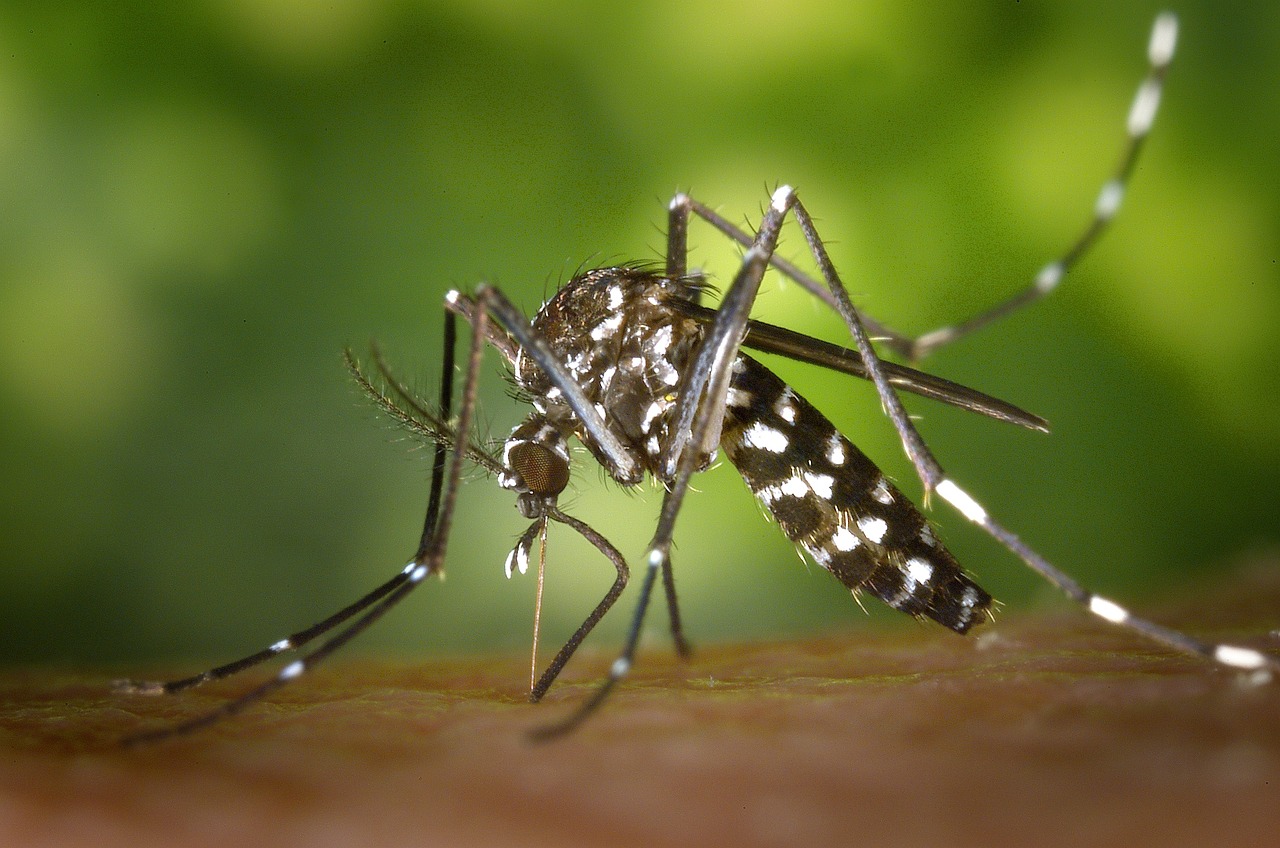KUALA LUMPUR, Dec 21 – Malaysia has reported 60,110 dengue fever cases as of the 49th epidemiological week (December 4-10) this year, a whopping 144.5 per cent increase from the same period last year.
Mortality from dengue complications spiked by 131.6 per cent in the same period from 19 deaths in 2021 to 44 deaths in 2022, Health director-general Dr Noor Hisham Abdullah said in his weekly update on the dengue epidemic for the 49th epid week of 2022.
Dr Noor Hisham, earlier in January this year, said the dengue epidemic in Malaysia is expected to record a surge every four to five years, with dengue fever cases likely to increase again in 2024 or 2025.
“In Malaysia, the DG will publish the dengue statistics on a weekly basis. Every week, we’ll see the trend. The increments are always one or two folds higher, but this is not something unique to Malaysia,” said Dr Wan Ming Keong, a senior principal assistant director of vector-borne disease under MOH’s disease control division.
Dr Wan was speaking at a roundtable on dengue vaccines organised by the Galen Centre for Health and Social Policy and supported by Takeda Malaysia last November 25.
WHO data shows that the incidence of dengue has grown dramatically around the world, with the number of new dengue cases reported to WHO increasing over eight-fold in the last two decades, from 505,430 cases in 2000, to over 2.4 million in 2010, and 5.2 million in 2019.
Reported deaths between the year 2000 and 2015 increased from 960 to 4,032, affecting mostly younger age groups. The overall alarming increase in case numbers over the last two decades is partly explained by a change in national practices to record and report dengue to health ministries, and to the WHO.
Despite a risk of infection existing in 129 countries, 70 per cent of the actual burden is in Asia, the WHO said.
Countries across the Southeast Asia region have reported multifold increases in the number of reported dengue cases this year, with Laos recording figures that are 20 times higher than last year, the Philippines increasing by two folds, and Vietnam rising by five folds. Cambodia also reported higher figures but did not quantify their increase, Dr Wan said.
Singapore was the only odd one out during the pandemic period, as the city state reported a surge in dengue cases, which it attributed to Covid-19 lockdowns. Dengue continues to thrive in Singapore, with cases crossing the 8,000-mark in the first five months this year, exceeding the number of infections reported for the whole of 2021.
The country’s National Environmental Agency (NEA) told Channel News Asia that a doubling of Aedes mosquito breeding due to hot weather is partly attributable to the spike in dengue cases.
Other factors include the wide circulation of the previously uncommon dengue virus serotype 3 (DENV-3), which experts say is now the predominant strain of dengue detected in Singapore, followed by DENV-2.
A serotype is a group of microorganisms that share similar characteristics. According to the World Health Organization (WHO), there are four dengue virus (DENV) serotypes – DENV-1, DENV-2, DENV-3 and DENV-4 – and it is possible for a person to be infected four times.
“Over the years, what we observe as a pattern, what we call a serotype shift – whenever there is a serotype shift, one particular serotype becomes predominant, that is when cases will spike and it will become a dengue epidemic,” Dr Wan told the roundtable.
“Since last year, we have been seeing statistics [to show] that DENV-4 cases are actually going up and up. At one point, it was almost 85 per cent of the samples [tested]. They were all DENV-4. At this moment, it has come down slightly to 70 per cent,” he added, referring to Malaysia.
“But having said that, if you compare to the previous predominant trend, the blue coloured epidemic caused by DENV-1, or the red colour epidemic caused by DENV-2, this proportion (of DENV-4) is high. So because of that, our projection is that cases will continue to surge.”









